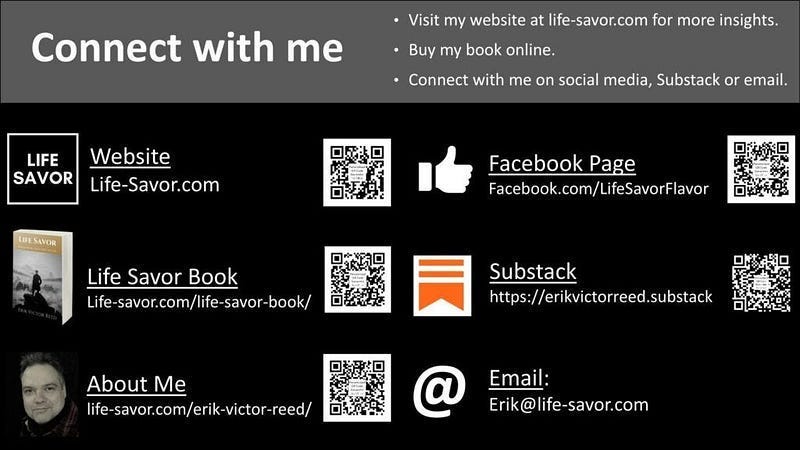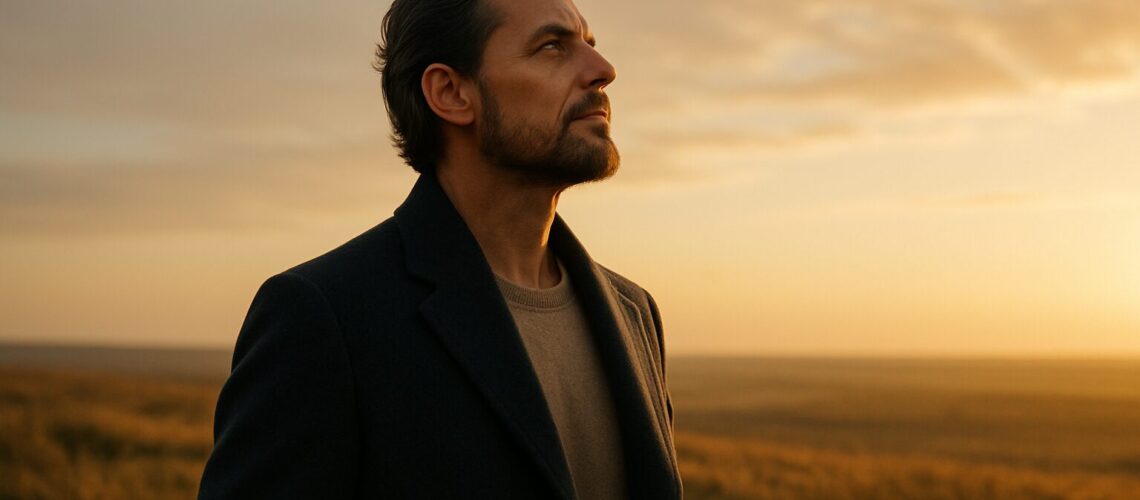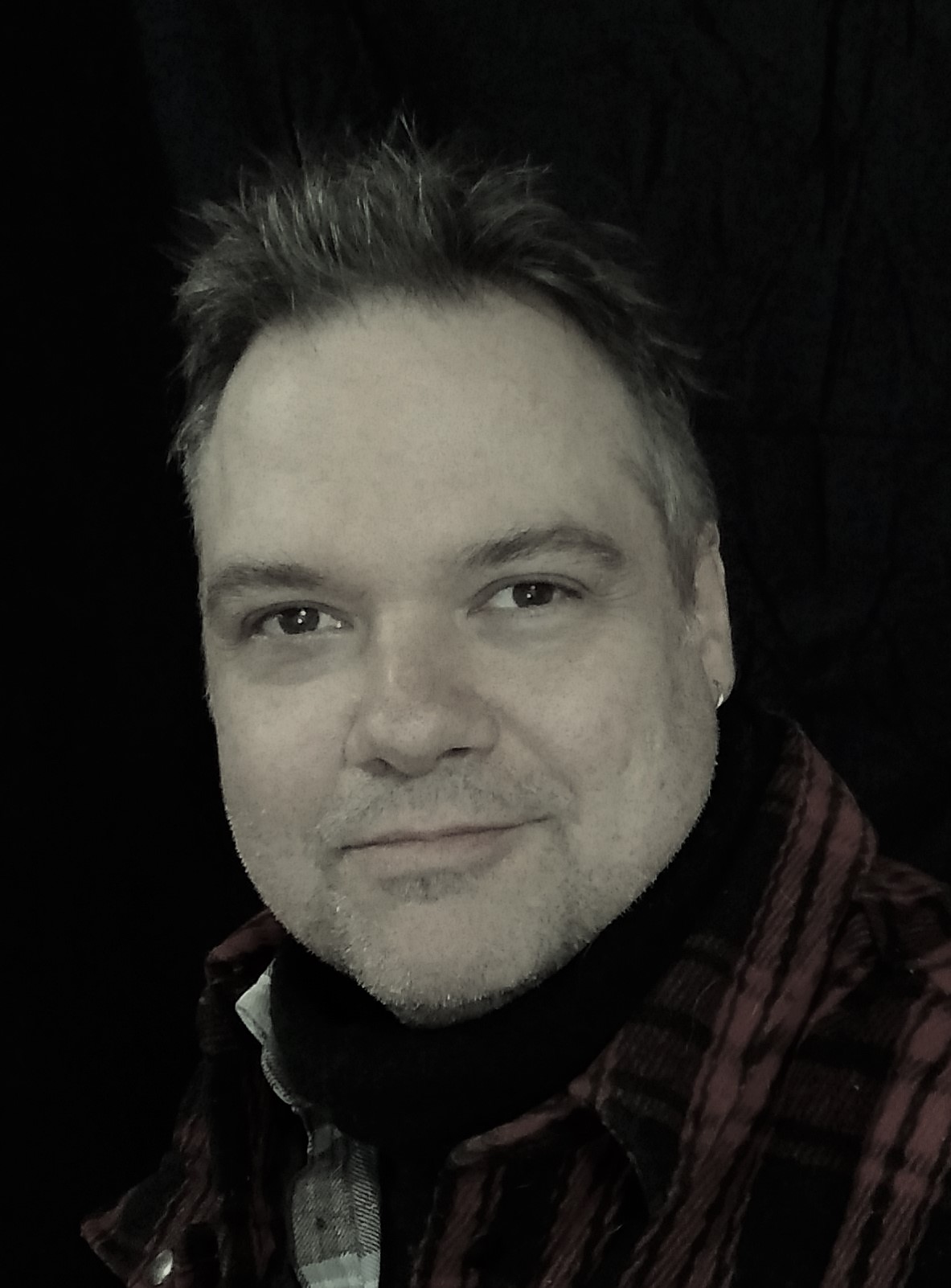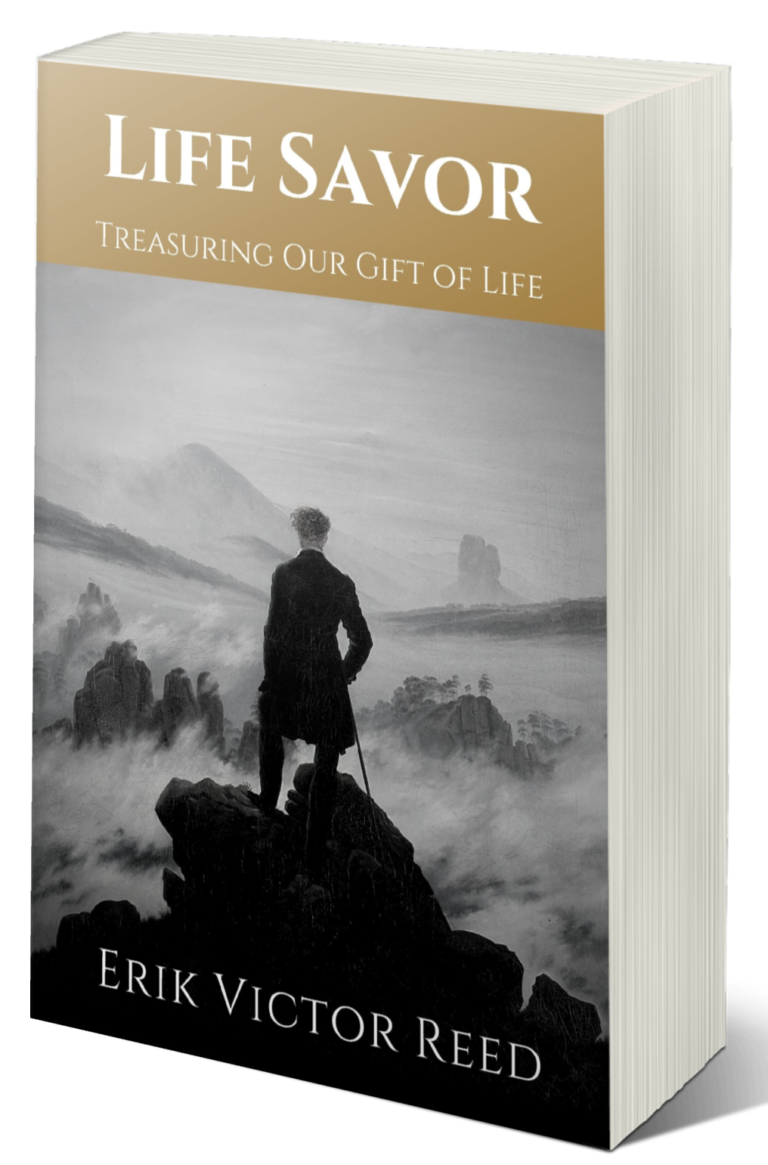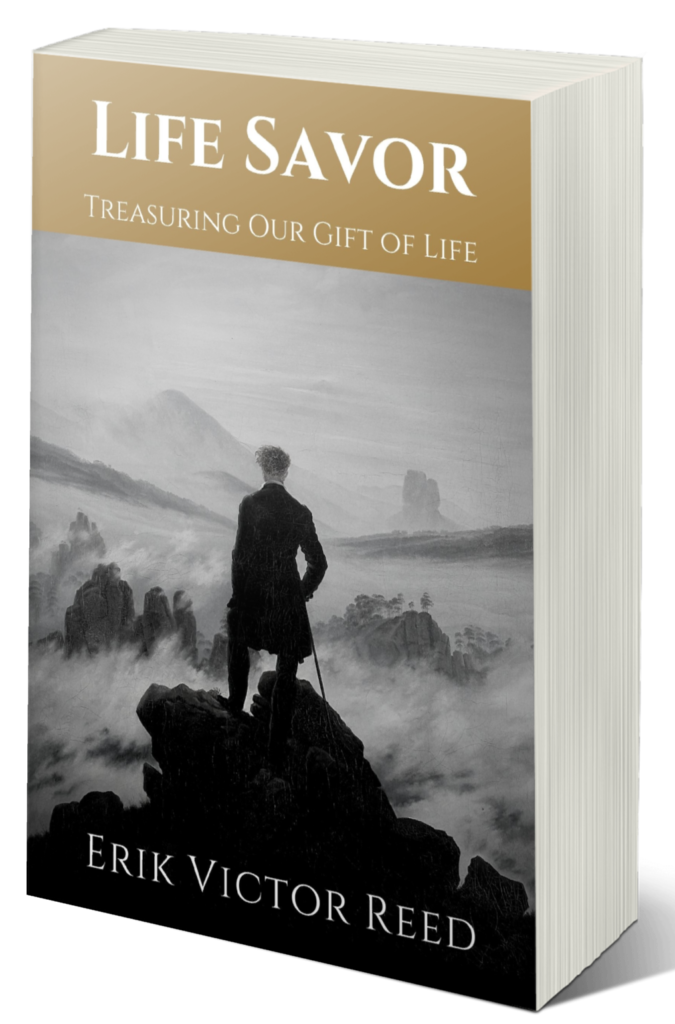A lyrical meditation
To be free is not merely to do as one pleases. That’s too shallow, too thin. True freedom carries a weight, a dignity. It means standing upright in the world as a being who is not owned, not directed, not erased.
We speak of freedom as though it were a luxury — something nations debate, something granted or revoked by documents. But before any politics, there is the simple dignity of an individual life, especially a life that is lived authentically. Freedom is not only about rights (though it is certainly this). On a personal level, it is also about presence.
When you choose for yourself — even a small thing — you feel it. The spine straightens. The air tastes sharper. You say, Yes, this is my life, and I am living it with open eyes. These are my choices.
That moment is not loud. It doesn’t need applause. Its power is interior. But it radiates outward, reshaping everything. Relationships grow richer, because they’re chosen. Work gains meaning, because it aligns with your values. Even solitude becomes luminous, because it isn’t exile but communion with yourself.
And yet freedom isn’t always comfortable. It can cost approval. It sometimes costs the comfort of certainty. It costs the warm blanket of conformity. To stand as a free being is to be willing to stand in the wind, sometimes cold, sometimes biting. But the wind also fills our lungs. It reminds us that we’re alive.
There’s a dignity in bearing that wind. Not defiance for its own sake, but a quiet steadiness: I will not betray myself, even if it means standing apart, even if it means discomfort.
Imagine walking through a crowded street where everyone moves in the same direction. You pause, feel your compass tug, and turn against the flow of the crowd. At first, it’s awkward. Faces frown at you, shoulders bump you. But after a few steps, you realize: the street has opened. You can breathe. You can see. The horizon is yours.
That turning — that simple act of trusting your direction — is freedom.
Freedom dignifies not because it guarantees ease, but because it refuses reduction to a common denominator. It insists that your life is not a tool for someone else’s script. It insists that even if the crowd misunderstands, your story belongs to you.
Mortality sharpens the truth: this chance at life is brief. You will not be here forever. What greater indignity than to spend your once-in-eternity moment living as an echo? What greater dignity than to live as a voice, your own voice?
Freedom’s dignity is not an abstract principle. It is the texture of a day honestly lived. It is the quiet joy of standing in your own skin without apology. It is the courage to say, This is my path. This is my truth. This is my life.
And when the end comes — as it will — the free person can meet it without shame, knowing they did not surrender their being or their own story.
To be free is not to be unbound by all things. It is to be bound by the right things: by your values, your choices, your integrity. It is to wear chains of your own forging, and to call them not chains at all, but commitments freely chosen.
That, too, is dignity.
Stand in that dignity. Let it steady your steps, even when the wind bites. Let it guide you, even when the crowd moves another way. Let it remind you that in the grand lottery of existence, your greatest privilege is not just to live — but to live free.
For more like this, visit the broader project at life-savor.com, or explore the Life Savor book itself.
To learn more about Life Savor’s philosophy,
read Life Savor: Treasuring Our Gift of Life by Erik Victor Reed.

